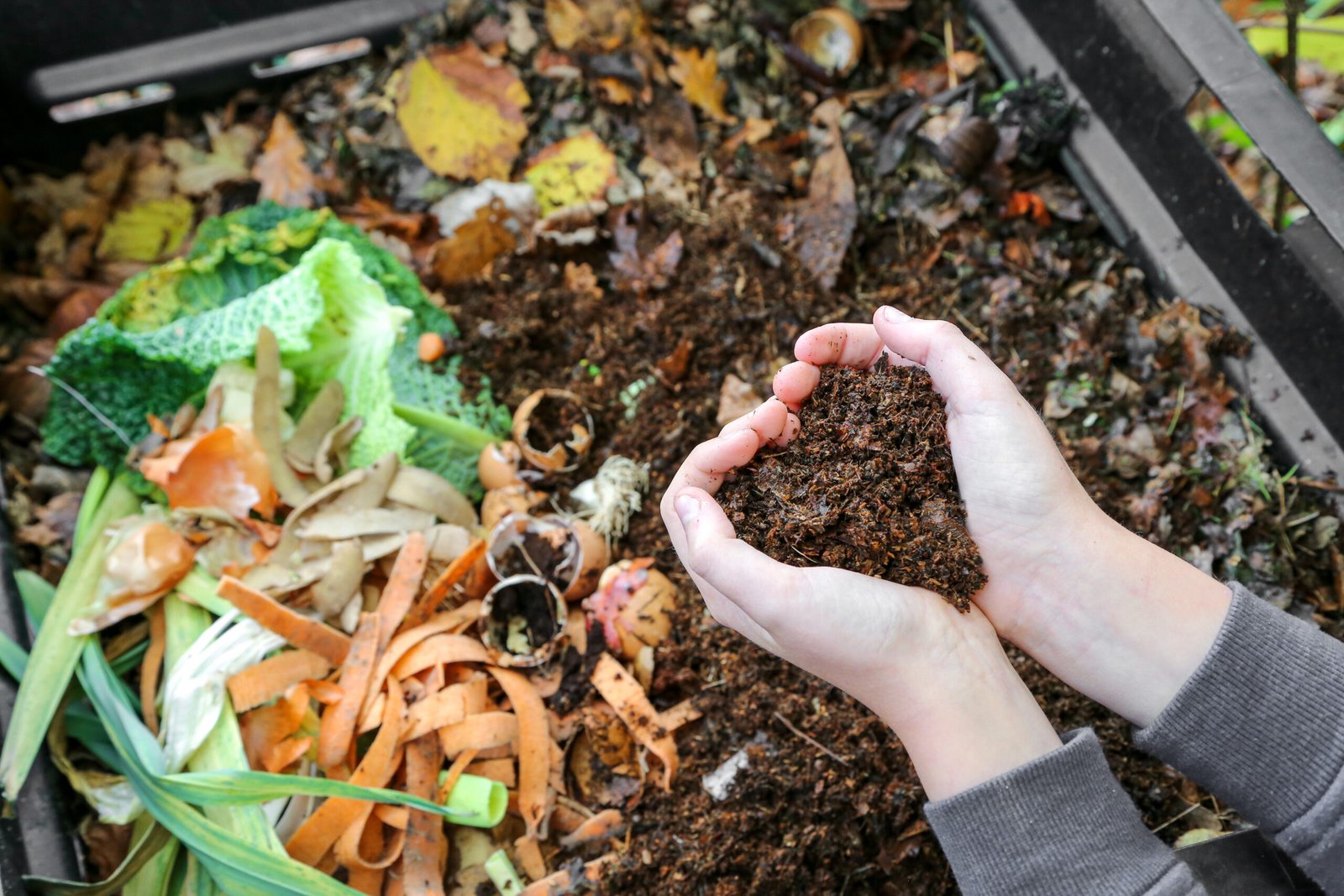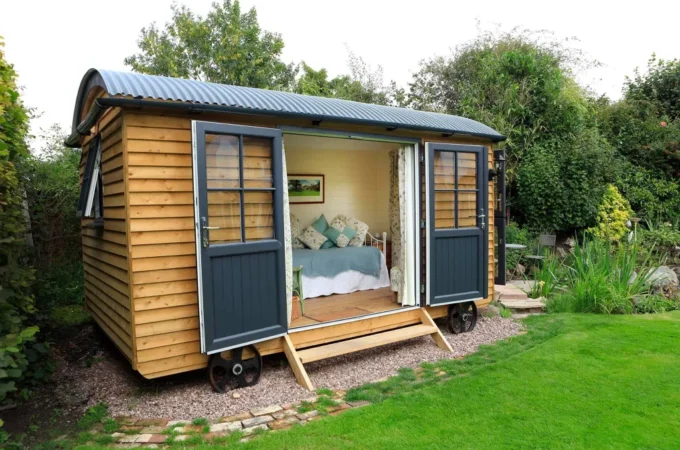
What To Consider When Choosing A Compost Bin
Composting has been a standard agricultural practice of early civilizations. As time passed, people began to shift away from disposing of biodegradable waste in landfills and instead began using compost bins, among other options. A compost bin is a container designed for composting, providing a controlled environment for the compost to develop.
There are many types of compost bins, ranging from stationary to worm bins, and the likes of bokashi bins and green cone digesters. Each one comes with its purposes and advantages. Choosing a compost bin that’s right for you can significantly affect the success of your composting efforts. Here are several factors to consider when making the choice.
- Size
When choosing a compost bin, settle for one that suits your available space and the amount of organic waste you produce. A tiny compost bin may suffice if you only create and aim to compose a small amount of organic waste.
However, a large compost bin will serve you better if you generate lots of organic waste. Also, getting a smaller unit that can easily fit in your backyard or under your kitchen sink might be best if you have a small yard or garden. On the other hand, if you have reasonably ample space available, shop for bigger bins that will serve you well.
- Ease Of Use
When choosing a compost bin, consider how easy it will be to use it. Some compost bins are easier to use than others. For example, some have latches that allow you to open and close easily, while others require you to lift the lid off the unit. You can also consider whether or not your compost bin comes with wheels to help you move it around easily.
Some, like tumbler bins, may be easier to turn and aerate the compost but are difficult to empty. When choosing a compost bin, make sure it’s functional and user-friendly.
- Material From Which The Compost Bins Are Made
Most compost bins come in plastic, metal, or wood. If you plan on keeping your compost bin for years, it’s best to invest in one made of durable materials such as metal or wood. The substance from which your compost bin is made may determine its durability. For example, metal bins are sturdier than plastic or wood and are a great choice if you use your compost bin for a long time.
At the same time, plastic bins are cheaper and easier to maintain, but they may not be as durable or eco-friendly. Their wooden counterparts can be more aesthetically pleasing and better at retaining moisture and heat, but they may also degrade over time.

- Pest Control
Pests such as flies, rodents, and beetles are a common problem in any household with a compost bin, as the smell of your compost pile may attract them. To keep these creatures at bay, ensure your compost bin is secure and covered with a lid preventing pest access.
Also, consider choosing a compost bin with a screen to keep flies away. Such safety measures are critical if you’ll be composting food scraps that have the potential to attract animals.
- Temperature and Moisture Control
Composting relies on the correct balance of moisture and heat to work properly. If your compost bin doesn’t have enough air circulation, this can lead to anaerobic conditions, which can cause bad smells or even generate methane gas.
To avoid such problems, ensure your compost bin has at least two openings for airflow and check on it regularly to see if any moisture is building up inside. Bins like the tumbler compost have reasonable temperature and moisture control capacities due to their enclosed design and easy aeration. Also, worm bins maintain good moisture levels but require indoor or temperate climates.
Other Factors
Another vital factor to consider is the price of the compost bin, which depends on the size, durability, and material from which it’s made. Also, the environmental impact of your compost bin matters; some bins may be from recycled or sustainable materials, which can reduce your overall ecological footprint.
Parting Shot
Choosing the proper compost bin for your needs demands careful consideration of several factors, as mentioned in this article. With the correct compost bin, you can turn your organic waste into an excellent resource for your garden while reducing your carbon footprint. Take the time to research and choose a compost bin that best fits your composting needs to make the most out of your efforts.




